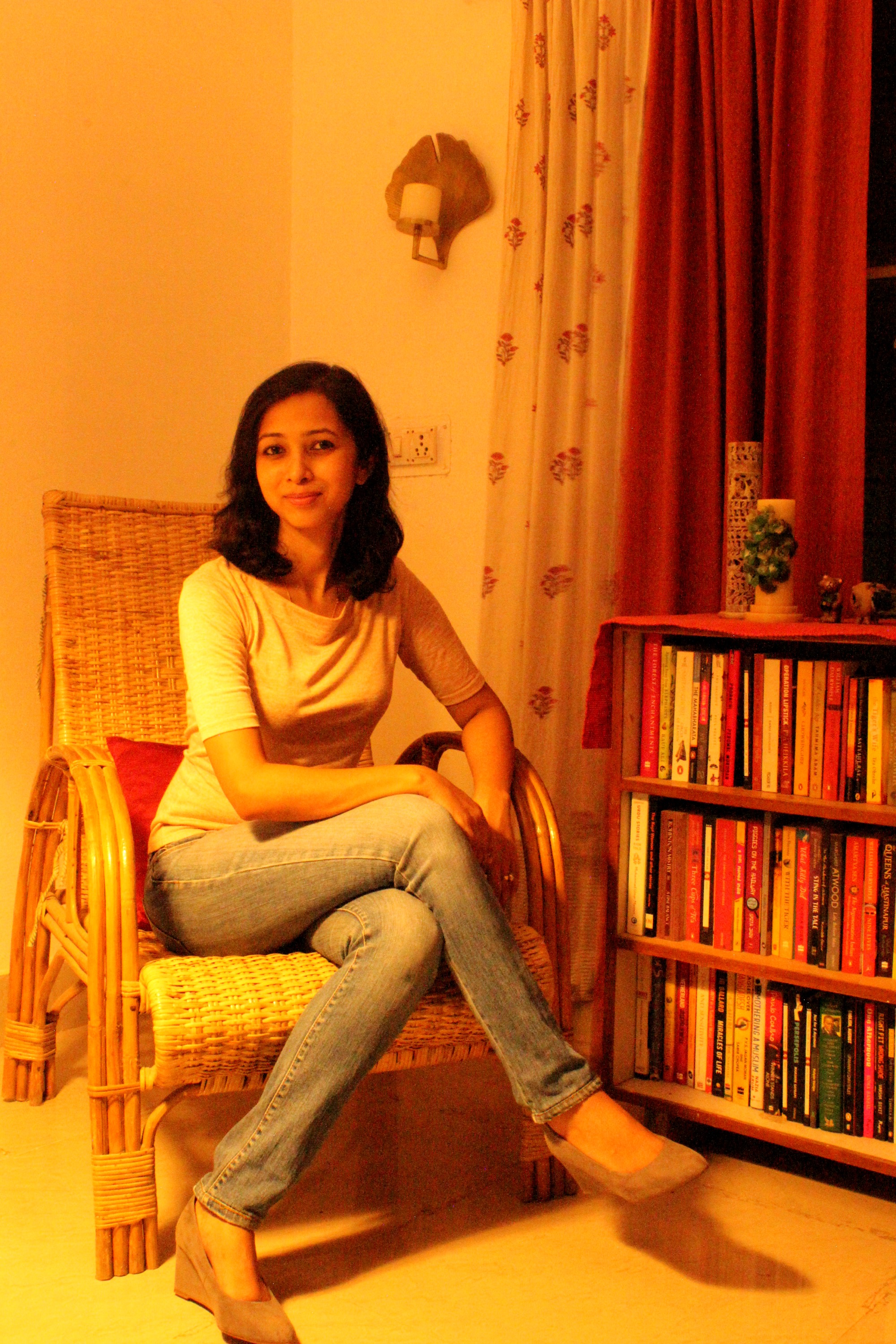Demystifying theatre legend Bhanu Bharti (IANS Book Review)
- Azera Rahman

- Sep 11, 2013
- 4 min read
Updated: Jul 8, 2021

Book: The Theatre of Bhanu Bharti - A New Perspective; Author: Diwan Singh Bajeli; Publisher: Niyogi Books; Pages: 155; Price: Rs.450/$20
In many ways, "The Theatre of Bhanu Bharti - A New Perspective" by well-known theatre critic Diwan Singh Bajeli is like a play in itself. It gives you an insight into the life of Bharti, an eminent theatre director, actor and playwright, and examines what makes his work what it is - passionate, in tune with the contemporary times, and so dramatic that the audience is left with indelible memories.
The book offers a microscopic view of Bharti's philosophy that reflects in his plays in the words of the people who have worked with him, and several chapters dedicated to some of his masterpieces that have left many awe-inspired through the years.
A linear narrative, the books opens in the post-Independence era of 1947 in Ajmer, Rajasthan, where Bharti was born and brought up, inspired by anti-feudal political thoughts. So charged was he about the idea of patriotism and struggle from feudal oppression that the young Brij Bhanu Maharishi (his original name) decided to discard his family name and endowed upon himself the title of Bharti. Bhanu Bharti was thus born.
Always interested in the literary world - the seeds of which were sown by his mother who loved to read and enjoyed poetry - Bharti, after a short stint in journalism and an attempt to study science, entered what he describes as "the most romantic period" of his life: writing poetry.
Soon, however, he was drawn to the world of Marxism-Leninism under the aegis of freedom fighter Ganesh Lal Vyas and threw himself into student politics of his state, protesting against unemployment and exploitation of the working class. It was the mid-1960s and as was seen later, this experience greatly influenced his work.
Bharti's elder brother, Mohan Maharishi, a graduate from the National School of Drama (NSD), heralded a new phase of art theatre in Jaipur and directed several plays in which Bharti gave outstanding performance as an actor. Although he had initially said that he would not like to make theatre his career to the doyen of Indian theatre himself, E. Alkazi, Bharti did ultimately join the NSD, although it was more of a bitter-sweet experience.
It was after he graduated from the NSD that Bharti's directorial art was displayed through two plays - The Lesson and Ras-Gandharva - which he did for the NSD Repertory Company. Both these plays revealed the director's fertile imagination in the use of a variety of theatre techniques, and his interpretation of the Theatre of Absurd in different ways.
A significant phase in the veteran theatre director's life was staging plays with political connotations during the Emergency period when censorship was at its peak.
"I remember I was doing Mohit Chattopadhyay's political play, 'Guinea Pig', which talks about exploitative character of the state machinery, whether feudal or democratic," Bharti recalls in an interaction with the author in the book. Despite fears that it would be censored, the play was cleared and staged, much to the discomfort of the district administrator who was present in the audience.
He also went on to organise a drama festival which showcased political plays such as "Andha Yug", "Tambe Ke Kide", "Jasma Oden", and "Azadi Ki Neend", all of which sent out a strong social message during this period.
In a bid to expand his knowledge of classical theatre of Asia, Bharti went to Japan and learnt the Kabuki and Noh theatre forms. But his quest for creative freedom urged him on until he discovered Gavari, a 4,000-year-old tribal theatre form of the Bheel tribe of Rajasthan which became his ruling passion.
"I was highly dissatisfied with the mainstream theatre of the 70s and 80s and was constantly trying to break free and find an idiom which would connect me to the socio-cultural reality," Bharti says. Talking about the Bheel ritual, he goes on: "I wanted to study a community still rooted in shared beliefs and communal consciousness which the urban society has long lost. I did not try to imitate or extract a slice of their culture for the consumption of the urban elite...My production of 'Pashu Gayatri', 'Kaal Katha' and 'Amar Beej' are experiments towards discovering that authentic and magical theatrical experience."
The author has dedicated several chapters on Bharti's landmark productions, especially to the ones in which he worked with the Bheel tribe, explaining in minute detail the nuances of the spectacle that unfolded on the stage - mostly an open air space that Bharti is very fond of. His latest productions, "Andha Yug" and "Tughlaq", both in the backdrop of the ruins of Delhi's Ferozeshah Kotla, are a further testimony to that.
The author very deftly pulls apart pieces that make a great theatre experience - like the casting of actors. Bharti recalls his play "The Lesson", in which he says that casting two different actors for the role of the maid gave the play a different meaning.
Known to be a perfectionist, one of Bharti's actors remembers how he had slapped her during a rehearsal of a rape scene. "I started weeping and thought that I didn't deserve this. He then said: 'Now you know what molestation means'." The play earned wide appreciation and the actor decided to work only under him from then on.
Anecdotes such as these, of interactions between the director and the actors, of the thought behind each move, of techniques and costume, music, and props for the maximum effect, make this book an excellent read and showcase the deep understanding of the world of theatre that the author has. Insightful and interesting.



Comments